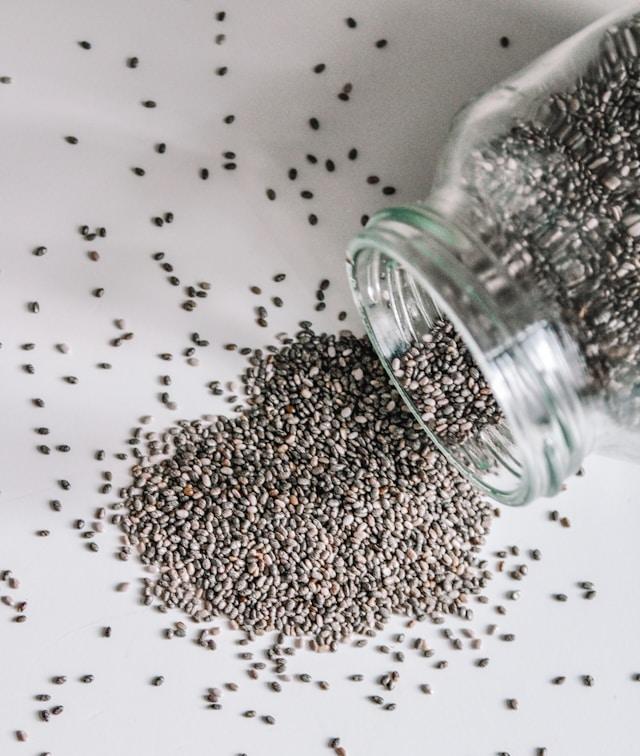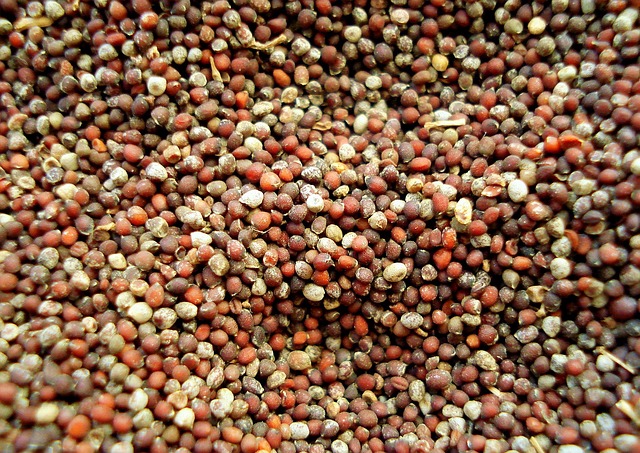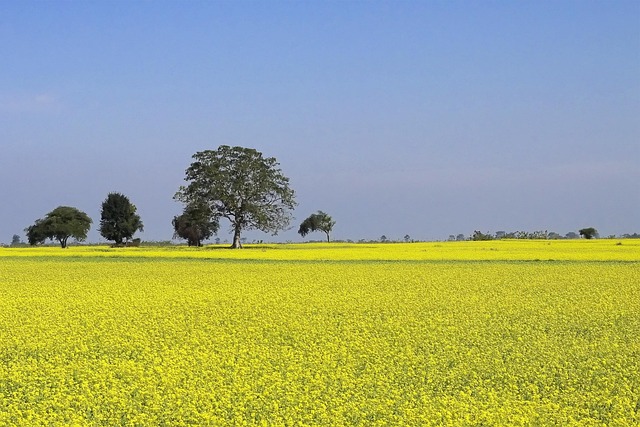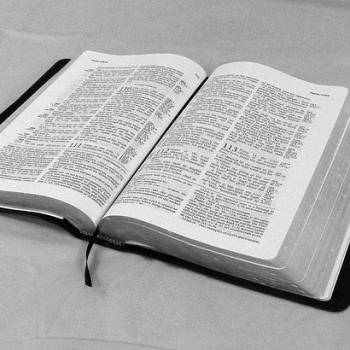
What’s A Mustard Seed?
Mustard plants, a member of the cabbage family, produce small, round seeds colored from yellowish white to black. These tiny mustard seeds measure only about 1 to 2 millimeters (1/32 to 3/32) in diameter To visualize this wee size, imagine the head of a straight pin a seamstresses uses to pin a pattern to fabric.

Use of Mustard Seeds
Using mustard seeds as a spice traces back to the earliest recorded times. For example, Sumerian and Indian texts from as early as 3000 BCE refer to such use. Greek and Roman writings frequently mention mustard plants as many ancient physicians, including Hippocrates, utilized mustard seeds medicinally.
Today many regional foods contain mustard seeds as a spice. These seeds come from one of three plants—the black mustard, the brown mustard, or the white mustard plant.
A Familiar Condiment
Americans are most familiar with mustard seeds turned into a popular condiment. mustard. This yellow condiment results from grinding and mixing the seeds with water, vinegar, and other liquids. But it takes many mustard seeds to make the condiment. To produce eight ounces of mustard requires around 1,000 seeds.
The United States cannot, however, claim invention of mustard, one of the world’s oldest condiments. In Roman times, cooks combined ground mustard seeds with must, an unfermented grape juice, to make a hot paste called mustum ardens, or “burning must.” English speakers later shortened the name to mustard.

References In Religious Writings
References to mustard seeds appear in world literature, including religious texts. The Bible, the Quran, and a story of Buddha all mention the tiny seed. These references typically use mustard seeds as a metaphor for something small and insignificant.
At the time Jesus lived, a mustard seed proverbially represented the smallest of things. In fact, Jesus expressly referred to the mustard seed as the smallest of all seeds in Mark 4:31.
That Jesus drew His listeners’ attention to a mustard seed makes sense. It comes from a plant common in that culture and thus easily visualized. Romans had long used black mustard seeds, so scholars believe such seeds are the specific ones mentioned in the Bible.
Jesus Refers To Mustard Seeds
Jesus analogizes faith to a mustard seed twice in the New Testament—in Matthew 7:20 and in Luke 17:6. In each situation He faces His disciples’ lack of faith.
In Matthew, the disciples could not exorcise a demon from a boy, despite the authority Jesus gave them to do so. He remarks on how little faith these followers possess, and then says they could move a mountain with faith even as small as a mustard seed. He even notes that nothing is impossible with faith like that. Similarly, in the passage from Luke, Jesus states that with faith as small as a mustard seed the disciples could command a mulberry tree to uproot and plant in the ocean, and the tree would.
Tiny But Powerful
Why would Jesus cite one of the tiniest seeds in the Middle East to provide a lesson about powerful faith? Literally, a mustard seed will not remain miniscule. It grows into something many times bigger than its original size. The seed germinates and pushes out of its casing to produce a full-sized plant which can grow and spread rapidly. So, mustard seeds start out small, but they can produce big results.

Put In Perspective
The quantity of faith required to do great things for God is very small. Faith only the size of a teeny tiny mustard seed equips a believer for such results. Why? Because the results depend on God’s power and not the believer’s size of faith. So, to have mustard seed faith, focus on what God can do and not the size of the faith vessel He will do it through. Small size doesn’t matter with mustard seed faith.
















